
Spotlight
A selection of news from across the Federation

IPPF Statement on the 68th session of the Commission on the Status of Women (CSW)
IPPF welcomes the agreed conclusions of the 68th session of the Commission on the Status of Women (CSW), on the theme of “Accelerating the achievement of gender equality and the empowerment of all women and girls by addressing poverty and strengthening institutions and financing with a gender perspective”. IPPF actively engaged in the process by providing technical inputs to Member States, raising awareness about the interlinkages between SRHR, poverty, gender equality and the empowerment and human rights of all women and girls.
Filter our news by:

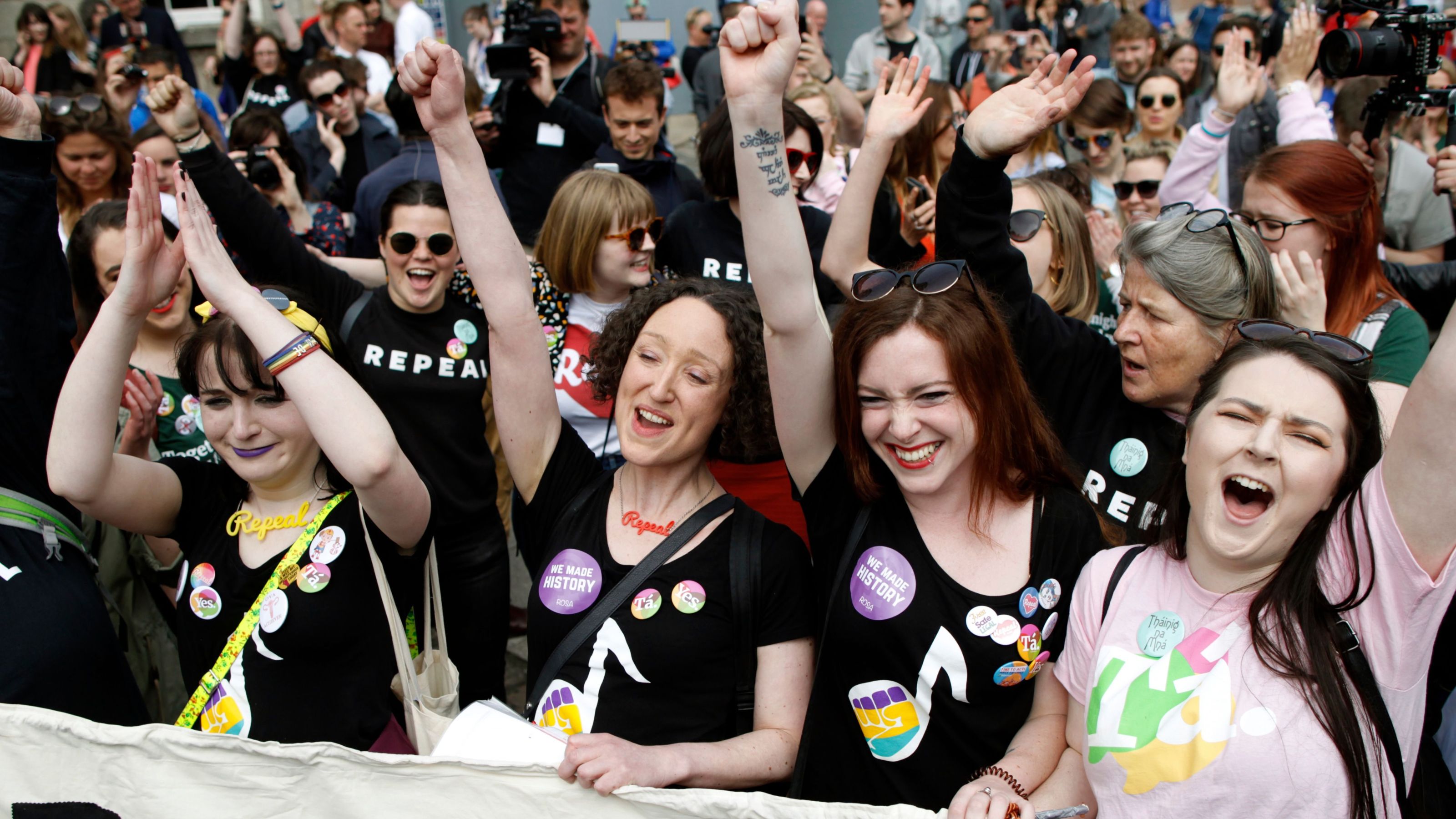
| 26 May 2018
Ireland’s Yes vote is a triumph of compassion over coercion
IPPF is overjoyed at the Irish people’s decision to remove the harmful ‘8th Amendment’ from Ireland’s constitution with today’s referendum result. IPPF’s Director General, Dr Alvaro Bermejo said: “ We wholeheartedly welcome this vote for change, which makes it possible for the Irish Parliament to legalise abortion care on a woman’s own indication in the first trimester of pregnancy, in line with the many other countries around the world which ensure women can access safe and legal abortion care when they need it.” Caroline Hickson, IPPF’s European Network Regional Director, said: “As an Irishwoman, I know the 8th Amendment has harmed countless women physically, emotionally and psychologically for more than 30 years. The vote to remove it paves the way for a more compassionate and caring environment for women in Ireland. They will no longer be forced to access abortion outside the state or resort to unsafe and unregulated use of abortion pills obtained online and outside the law. Instead, women and girls who experience crisis pregnancies will be able to make personal, private decisions about their health care with the support of their doctors and loved ones. They will be able to receive proper care, in their country, when they are at their most vulnerable.” Dr Alvaro Bermejo added: “Ireland’s decision sends a signal around Europe and the world that people’s care and compassion can triumph over absolutism and coercion. We hope that it also gives courage to women and all those who support their fight against reproductive coercion in so many other places, and to all those countries where the Global Gag Rule is having a devastating impact on access to sexual and reproductive health care. For all women everywhere, it’s time to end forced full pregnancy and make abortion care safe, legal and accessible. Today Ireland has shown us that positive change is possible.”
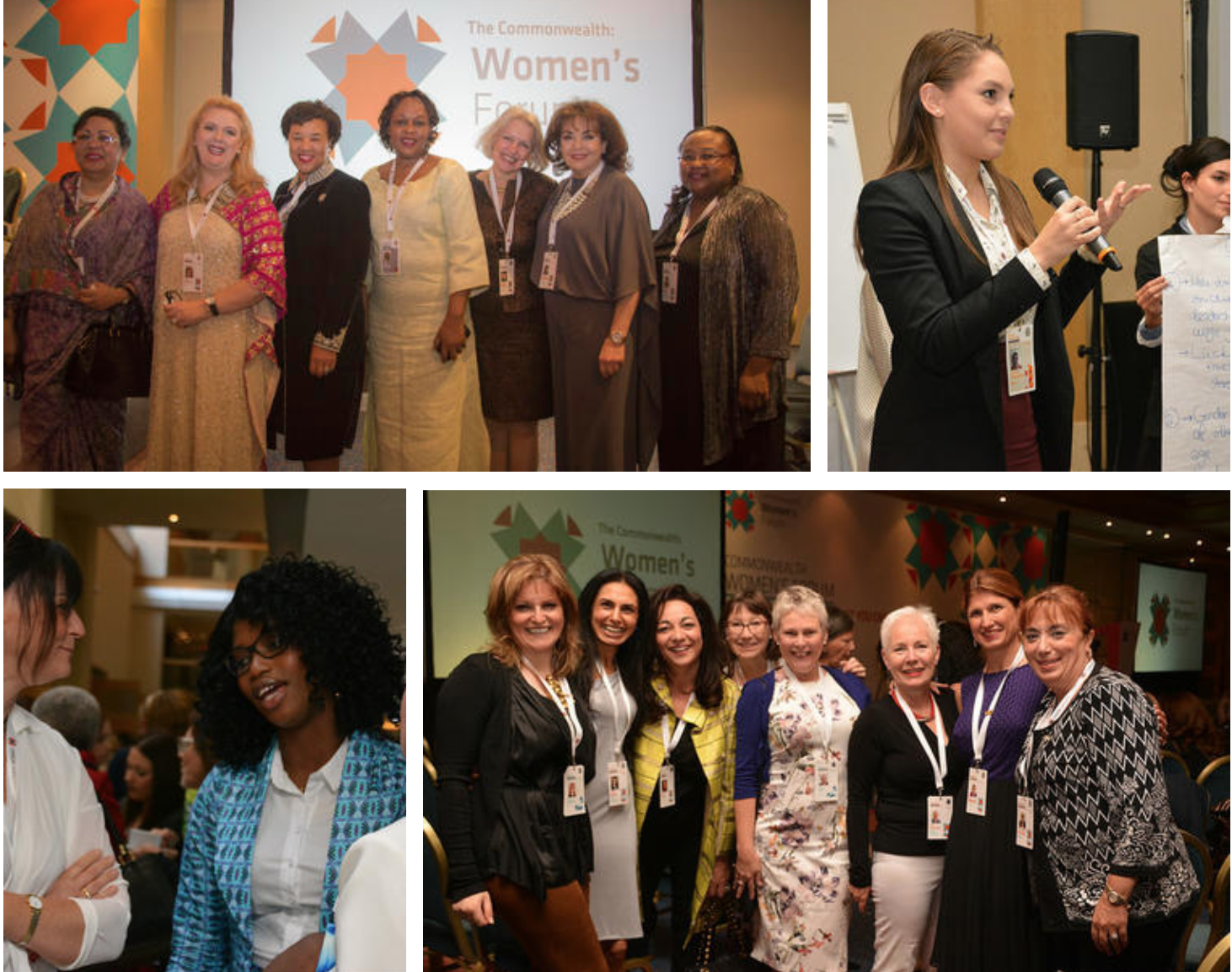
| 03 May 2018
IPPF at the 2018 Commonwealth Heads of Government Meeting
In April, the heads of the Commonwealth states met in London for the Commonwealth Heads of Government Meeting (CHOGM) 2018. The event was preceded by Youth, Business, People’s and Women Forums. The 2nd Commonwealth Women’s forum (April 16-18, 2018) with its theme of “An empowered future for women and girls”, brought together around 400 women making a strong lobby group of heads of government, ministers, senior official’s business leaders, and activists. IPPF appreciated the opportunity to be a part of the event and to speak at one of the first sexual and reproductive health and rights (SRHR) panel of the Commonwealth forum. The statements from the CHOGM highlights its commitment to mainstreaming gender in policies and institutions, with full support by the Commonwealth. Founded in 1949, the Commonwealth represents an estimated one third of the world’s population, it is critical that SRHR is not left behind. The women’s forum concluded with an outcome statement that made recommendations for heads of Commonwealth states to address the widening discrepancies and evolving needs of the women and girls. The outcome statement specific action points for ending Violence Against Women and Girls and on role of women In - leadership, peace and security, economic empowerment, climate change. The adopted Commonwealth Heads of Government Meeting Communiqué “Towards a Common Future” , reaffirms the commitment towards the convention on the elimination of all forms of discrimination against women (CEDAW) and a stronger action to prevent and eliminate sexual and gender-based violence; child, early and forced marriage; and female genital mutilation. The heads of states also agreed to mainstream youth priorities and address the stigma around disability in all its forms and manifestations. CHOGM 2018 communique also emphasizes on its focus for implementation of sustainable development goal 3 and universal health coverage. Through the women forums there is a beginning for a targeted intervention, but clearly gender issues are a late entrant in the overall Commonwealth paradigm. Aligned with the MDGs, the commonwealth announced- “The Commonwealth Plan of Action for Gender Equality 2005 – 2015” that was monitored Commonwealth Gender Plan of Action Monitoring Group (CGPMG). Learning from the previous action plan, there is a need for converting the rhetoric commitments into practice by systematic overlap of these plans with aid and development assistance. The Commonwealth countries such as India, Malaysia, Singapore and South Africa that are playing a role in aid assistance programmes could play a role for models on gender inclusive and SRHR focused support. There is also a need for the Commonwealth secretariat to spread a wider net for engagement with and informing diverse CSOs and women groups. In the changing landscape of policy platforms, it will be worthwhile to consciously enhance the visibility of Commonwealth forums and related actions plans and commitment. Finally, there was a conscious silent on words “Sexual Rights”, “CSE”, “Safe Abortions” from the heads of government and from the CSO groups. As a woman, as an activist, as an IPPF representative, I urge that women rights are not a subject to negotiation but are a priority. We cannot wait for another 15 years to realize the importance of bringing SRHR at the core of development. To move forward, a greater role from the Commonwealth forum is expected in gathering data on gender, regular impact assessment of its commitments and action, investment of resources for gender inclusive actions and framework linking actions on International Conference of Population and Development and other multilateral agreements such as the Sendai Framework on Disaster Risk Reduction, Addis Ababa Action Agenda. No one should be left behind and IPPF welcome discussions and further advances on ensuring sexual and reproductive healthcare and rights are applicable and accessible to all. Neha Chauhan, Senior Technical Advisor- Advocacy and Accountability – South Asia Regional Office
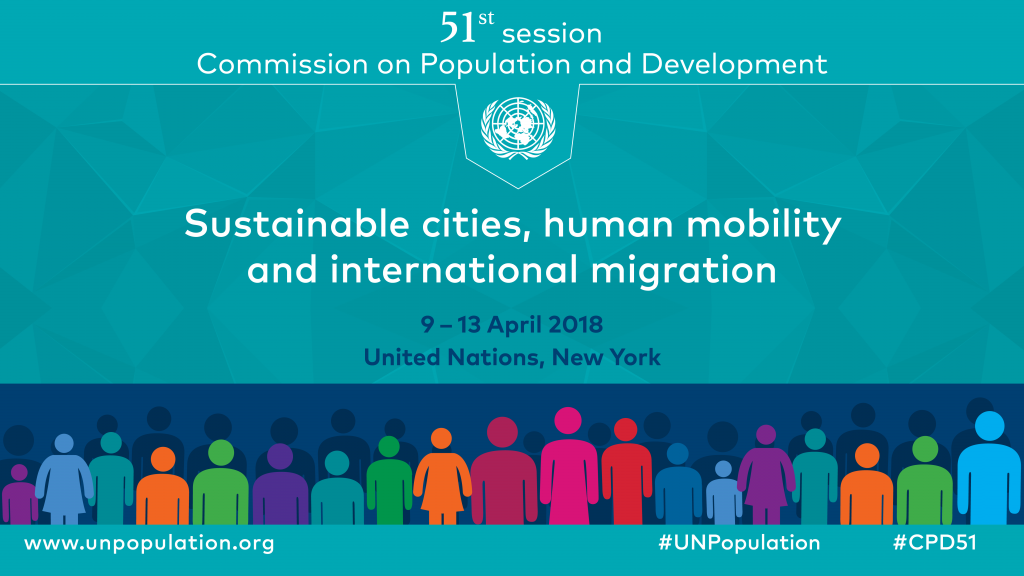
| 20 April 2018
IPPF statement on the outcome of the 2018 UN Commission on Population and Development
The International Planned Parenthood Federation (IPPF) is disappointed with the outcome of the 2018 UN Commission on Population and Development (CPD), whose theme was “Sustainable Cities, Human Mobility and International Migration.” Ana María Bejar IPPF’s Director of Advocacy, issued the following statement: “We’re disappointed that member states were unable to come to a consensus. After a week of intense debate, Ambassador Ion Jinga, Chairman of the CPD, released a text on Friday afternoon reflecting compromise that was the product of careful negotiations. While the vast majority of member states were willing to be flexible and accept the text in the spirit of compromise, the delegation from the United States refused to join the consensus, a reflection of its ongoing effort to impose its regressive view of sexual and reproductive health and rights on the global stage. We applaud the Tunisian delegation, who delivered a statement on behalf of 35 other countries, on the critical importance of sexual and reproductive health and rights to women and girls, which was received with loud and sustained applause.” IPPF echoes the spirit of UNFPA Director Dr. Natalia Kanem’s closing comments: We look forward to advocating ever more vigorously for the sexual and reproductive health and rights of women, adolescent girls, young people and everyone, as the ICPD Program of Action and 2030 Agenda for Sustainable Develop mandate. IPPF will continue to work together across member states, UN agencies, civil society, women and youth to achieve a just and equitable world where no one is left behind. CPD remains a critical space for countries and advocates to affirm and advance their commitments to advance human rights, including sexual and reproductive rights. We look forward to the International Conference on Population and Development (ICPD) Program of Action and its subsequent reviews as we work towards the 2030 Agenda for Sustainable Development mandate.
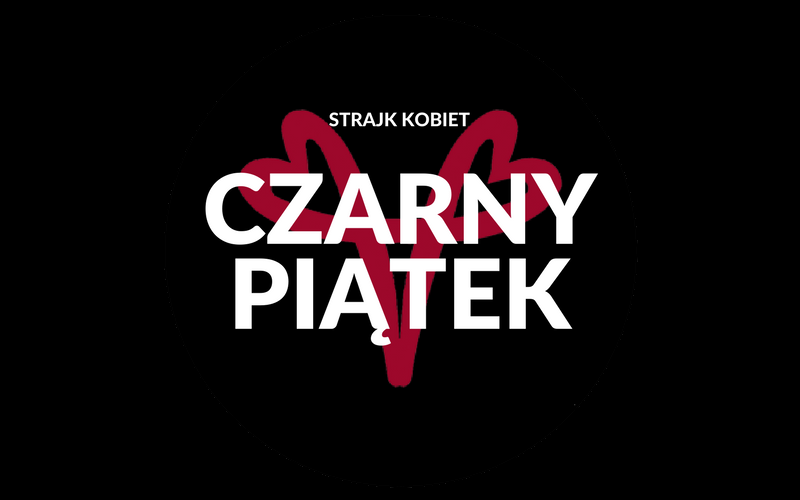
| 22 March 2018
Polish Parliament Must Protect Women’s Health and Rights
We are deeply concerned by relentless attempts to roll back the reproductive rights of women in Poland. This week Poland’s parliament is debating a new draft bill entitled “Stop Abortion.” If adopted, this legislation will further limit the already restricted grounds on which women can lawfully access abortion in Poland. It will place women’s health and lives at risk and violate Poland’s international human rights obligations. We call on Members of Poland’s Parliament to listen to the voices of women across Poland and to reject this regressive legislative proposal and protect women’s health and human rights. Poland already has one of Europe’s most restrictive abortion laws. Abortion is only lawful to safeguard the life or health of women, in situations of severe fetal anomaly or where the pregnancy results from rape or another criminal act such as incest. Even in those situations in which abortion is legal, multiple barriers combine to limit women’s access in practice. The latest “Stop Abortion” proposal seeks to ban abortion in situations where there is a severe fetal anomaly. If the “Stop Abortion” bill is passed it will mean that abortion care will no longer be available to women in Poland when they receive a diagnosis of a severe or fatal fetal anomaly. Official statistics from 2016 show that in practice 96% of legal abortions in Poland are performed on these grounds. Most women in Poland who decide to end a pregnancy resulting from rape or because their health is at risk are unable to access legal abortion care in Poland and must travel outside the country to do so. This bill would further hinder women, particularly those from low-income and rural communities, from accessing safe abortion care. Since 2011, Poland’s government has launched repeated attacks on women’s reproductive rights. In 2011, 2013, 2015 and 2016 draft legislative proposals were introduced that contained total or near total bans on abortion. Following massive public protests, such as the Black Protests in 2016, these draft bills were defeated. Prohibiting women from accessing safe, legal abortion violates a number of human rights enshrined in international law, including the rights to life, health and health care, nondiscrimination and equality, privacy, and freedom from cruel, inhuman or degrading treatment. The European Court of Human Rights has previously ruled that the Polish government, in hindering timely access to abortion, has violated women’s rights under the European Convention on Human Rights. Numerous international human rights bodies, including the UN Human Rights Committee, the Committee on Economic, Social, and Cultural Rights, the Committee on the Elimination of all Forms of Discrimination against Women, and the Committee Against Torture, have called on governments to remove barriers to abortion services and ensure access to safe and legal abortion. Signatories Abortion Rights Campaign, Ireland Abortion Rights Coalition of Canada, Canada Abortion Support Network, United Kingdom ACAI, Spain Agrupación de Madrid del Forum de Política Feminista, Spain Albanian Center for Population and Development, Albania A.L.E.G. Romania Alianza por la Solidaridad, Spain Alliance des Femmes pour la Démocratie, France Alliance for Choice in Northern Ireland, UK ALRANZ Abortion Rights Aotearoa, New Zealand Amnesty International AnA Society for Feminist Analyses, Romania ANCIC, France Asia Pacific Alliance for Sexual and Reproductive Health and Rights (APA) Asociación con la A, Spain Asociación Feminista, Spain Association Défense de la Démocracie en Pologne, France Association des anciennes députées de l ‘Assemblée Nationale française Association for Family Planning and Sexual Health, Latvia Association HERA-XXI, Georgia Association Histoire, Femmes et Sociétés- revue Clio, France Association Mnémosyne, France AIED - Associazione Italiana per l'Educazione demografica, Italy Asian-Pacific Resource and Resarch Centre for Women (ARROW), Malaysia ASTRA Network ASTRA Youth Network Atria - Institute for Gender Equality and Women's History, the Netherlands ATTAC France ‘’AUT’’ LGBTIQ+ student initiative, Croatia Avortament Lliure i Gratuït. Dret al Propi Cos, Spain Avortement en Europe, les Femmes décident, France Autonomous Women’s House Zagreb – Women Against Violence Against Women, Croatia B.a.B.e. (Be active, Be emancipated), Croatia UK All Party Parliamentary Group on Population, Development & Reproductive Health, UK Beyond Beijing Committee, Nepal Calala Fondo de Mujeres, Spain The Catalan Family Planning Association, Catalonia Catholics for Choice Center for Community Mediation and Security, Romania Center for Health, Ethics and Social Policy, USA Center for Promotion and Defense of Sexual and Reproductive Rights, Peru Center for Reproductive Rights Centre Women and Modern World, Azerbaijan Center for Women's Studies of the Faculty of Philosophy and Social Sciences, University of Zagreb, Croatia CEDES – Center for the Study of State and Society, Argentina Centro de Estudios e Investigación sobre Mujeres, Spain CGT France CHOICE for Youth and Sexuality, the Netherlands City University of New York Law School, Gender Justice Clinic, USA Clínica Dator, Spain Colectivo de Salud Feminista, Argentina Collectif 13 Droits des femmes, France Collectif des Féministes pour l'Egalité, France Collectif Féministes contre le cyberharcèlement, France Collectif Libertaire Anti-Sexiste Collectif National pour les Droits des Femmes, France Confédération Française Démocratique du Travail, France Conseil National des Femmes Françaises, France Culture, Egalité, France Dziewuchy Dziewuchom Berlin, Germany Diverse Voices and Action (DIVA) for Equality, Fiji Doctors for Choice UK DOK – Democracy is OK, Poland Drogheda Abortion Rights Campaign, Ireland El Colectivo Hetaira, Spain Encore Féministes! - Network, France Ensemble! - Political Movement, France Equidad de Género, Ciudadanía, Trabajo y Familia, México Equilibres & Populations (Equipop), France Estonian Sexual Health Association, Estonia European Association for the Defence of Human Rights European Civic Forum European Humanist Federation, France European NGOs for Sexual and Reproductive Health and Rights, Population and Development European Parliamentary Forum on Population and Development European Women's Lobby Family Planning and Sexual Health Association, Lithuania Family Planning Association of Moldova Fédération de Normandie du Planning Familial, France Federation for Women and Family Planning, Poland Fédération Laïque de Centres de Planning Familial, France Fédération Nationale Solidarité Femmes, France Fédération Nationale Sud Santé-Sociaux, France FEMEN International Féministes pour une autre Europe, France Femmes Contre les Intégrismes, France Femmes Libres Radio libertaire, France Femmes pour le Dire, Femmes pour Agir, France Femini Berlin Polska Berliński Kongres Kobiet Manifest Wolnej Polski (Congress of Women), Poland FILIA Centre, Romania FOKUS – Forum for Women and Development, Norway Fórum de Política Feminista, Spain Frente Ecuatoriano por la Defensa de los Derechos Sexuales y Reproductivos, Ecuador Freedom of Choice FRONT Association, Romania Fundación Arcoiris. Mexico Fundación ASPACIA, Spain Fundación Desafío de Ecuador, Ecuador Fundacja im. Kazimierza Łyszczyńskiego, Poland Gals4Gals Lodz, Poland Gender Alternatives Foundation, Bulgaria GERT – Gender Education, Research and Technology Foundation, Bulgaria Gender Scan, France Global Doctors for Choice Global Fund for Women, USA Great Lakes Initiatives for Human Rights and Development, Rwanda H.E.R.A. – Health Education and Research Association, Macedonia HowToUse Humanists UK Human Rights Watch ILGA - Europe International Campaign for Women’s Right to Safe Abortion International Commission of Jurists International Federation for Human Rights, France International Women’s Health Coalition, USA IPPF European Network IPPF Global Federation Irish Family Planning Association, Ireland Kazakhstan Feminist Initiative "Feminita" KOD - Independent Group Berlin, Germany Kollektief Antikonceptie, Belgium Komitet Obrony Demokracji - Niezależaa Grupa Berlin, Germany L'Assemblée des Femmes, France L'Egalité, c'est pas sorcier, France La Paille et le Mil, France Ladder for Rural Development, Malawi League for International Women’s Rights, France Legal Center for Women’s Initiatives “Sana Sezim”, Kazakhstan Lesbian Group Kontra, Croatia Les Effronté-es, France Libres Mariannes, France Lights4Rights, Belgium Ligue des Droits de l'Homme, France Lobby Europeo de Mujeres- LEM España, Spain London-Irish Abortion Rights Campaign Luna Abortuscentrum Antwerpen, Belgium Marche Mondiale des Femmes France Marche Mondiale des Femmes Belgique, Belgium Marche Mondiale des Femmes Midi-Pyrénées, France Médecins du Monde, France Medical Students for Choice Mediterranean Women’s Fund, France Mujer y Salud en Uruguay Novgorod Gender Centre, Russia Osez le Féminisme!, France PaRiter, Croatia PARI o DISPARE, Italy Planned Parenthood Federation of America Planning Familial 76, France Planning Familial National, France Plataforma CEDAW Sombra País Valenciano, Spain Polish Society of Antidiscrimination Law, Poland Population Matters, United Kingdom Pro familia Bundesverband, Germany Regards de Femmes, France Regina Women’s Network, Lithuania Reproductive Health Matters Reproductive Health Training Center, Moldova RESURJ Roda – Parents in Action, Croatia Romanian Women's Lobby, Romania Ruptures, France Rutgers, Netherlands Safe2choose SALUS Foundation, Ukraine Sarajevo Open Centre, Bosnia Sensoa, Belgium Sexual Health Switzerland Sexual and Reproductive Justice Coalition, South Africa Sexual Rights Initiative, Canada Society for Education on Contraception and Sexuality, Romania Society Without Violence, Armenia Solidarité France Grèce pour la Santé, France S.O.S. Sexisme, France Spanish Federation of Family Planning (FPFE), Spain Surkuna - Centro de Apoyo y Protección de los Derechos Humanos, Ecuador Sustainable Health Development Center – VietHealth, Vietnam Tendo’s World (Arts & Health), Uganda L'Union des Familles Laïques (Union of French Secular Families), France Union syndicale Solidaires, France Union Women Center, Georgia Urgent Action Fund for Women’s Human Rights, USA Väestöliitto – Family Federation of Finland Voice for Choice UK WISH Associates, South Africa Women Enabled International Women’s Front of Norway Women's Global Network for Reproductive Rights (WGNRR) Women Help Women, Poland Women on Waves Women on Web Women’s International League for Peace and Freedom, France Women's International League for Peace and Freedom, Italy Women's Link Worldwide Women’s Resource Center, Armenia Women’s Rights Center, Armenia Women’s Room – Center for Sexual Rights, Croatia YouAct - the European Youth Network on Sexual and Reproductive Rights Youth Coalition for Sexual and Reproductive Rights Young Women for Change, Nepal Youth Champions Advocacy Nepal (Youth CAN), Nepal 40 ans de movement, France
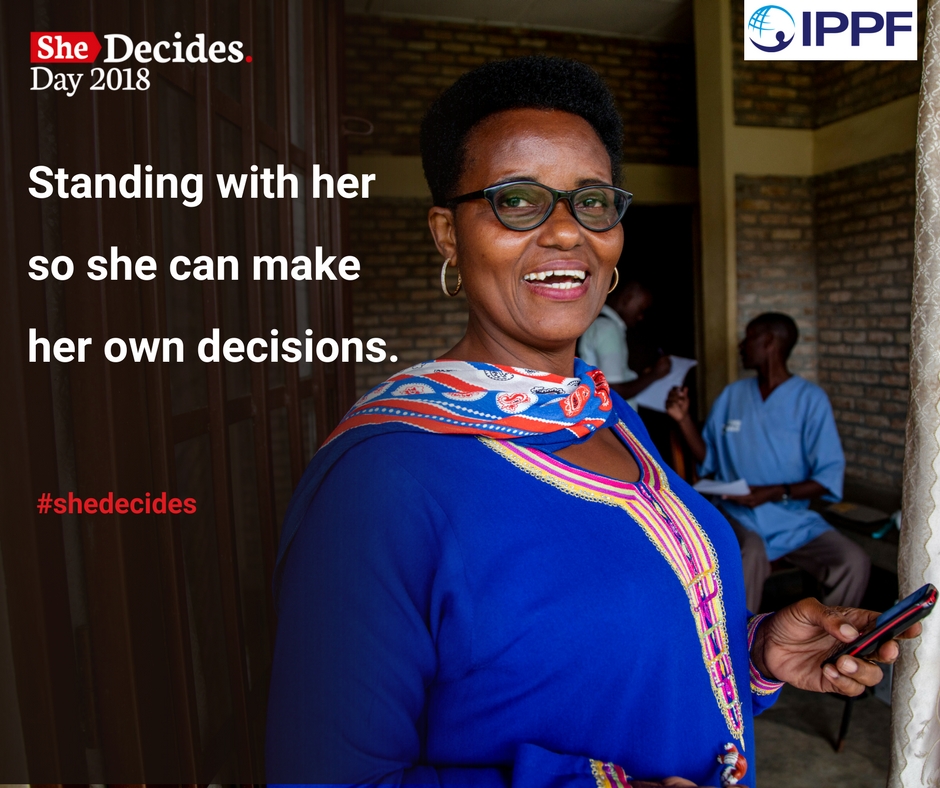
| 02 March 2018
IPPF celebrates SheDecides Anniversary
International Planned Parenthood Federation (IPPF) celebrates role as champion for women and girls on the first anniversary of the SheDecides movement in Pretoria today. Lucien Kouakou, IPPF Regional Director for Africa, addressed the SheDecides event as IPPF global champion. “The SheDecides movement is a hugely positive initiative, a powerful call to action – through a global partnership to ensure girls and women are able to decide for themselves, freely, about their sexual lives. The re-imposition of the global gag rule has represented the biggest challenge facing IPPF over the last year. When funding to sexual and reproductive health services is denied, women and girls bear the brunt. In hard-to-reach communities, and some of the most vulnerable groups in society, the impact is deeply felt. Take the story of Palmira, a client who came through our Mozambican Member Association- Amodefa, now affected by the global gag rule. Palmira is HIV positive. She lives with two sons, who are also HIV positive, and four grandchildren in a small house on the outskirts of Maputo. Her husband abandoned the family and Palmira was left to battle illness and raise the children on her own. Now, however, the nutritious food, medication and regular medical check-ups she receives as part of Amodefa’s homecare programme has given her a new lease on life. She plans for the future and has started subsistence farming again. As a champion for people everywhere, we will not be held back. Even at a time when some of IPPF’s Member Associations are facing losing up to 60 per cent of their operating budgets, we are proud to state loud and clear that the provision of rights-based, life-saving services cannot be stopped. There is hope and solidarity from all corners of the world. We have seen a positive response from our major institutional donors, in part due to the momentum mobilised via SheDecides for which IPPF is a champion. We are grateful for the pledges of increased support through the SheDecides movement from the governments of Belgium, Canada, Denmark and Sweden to help us overcome the negative impact of the global gag rule. We stand for a world where every girl and woman can decide what to do with her body, with her life, and with her future.”
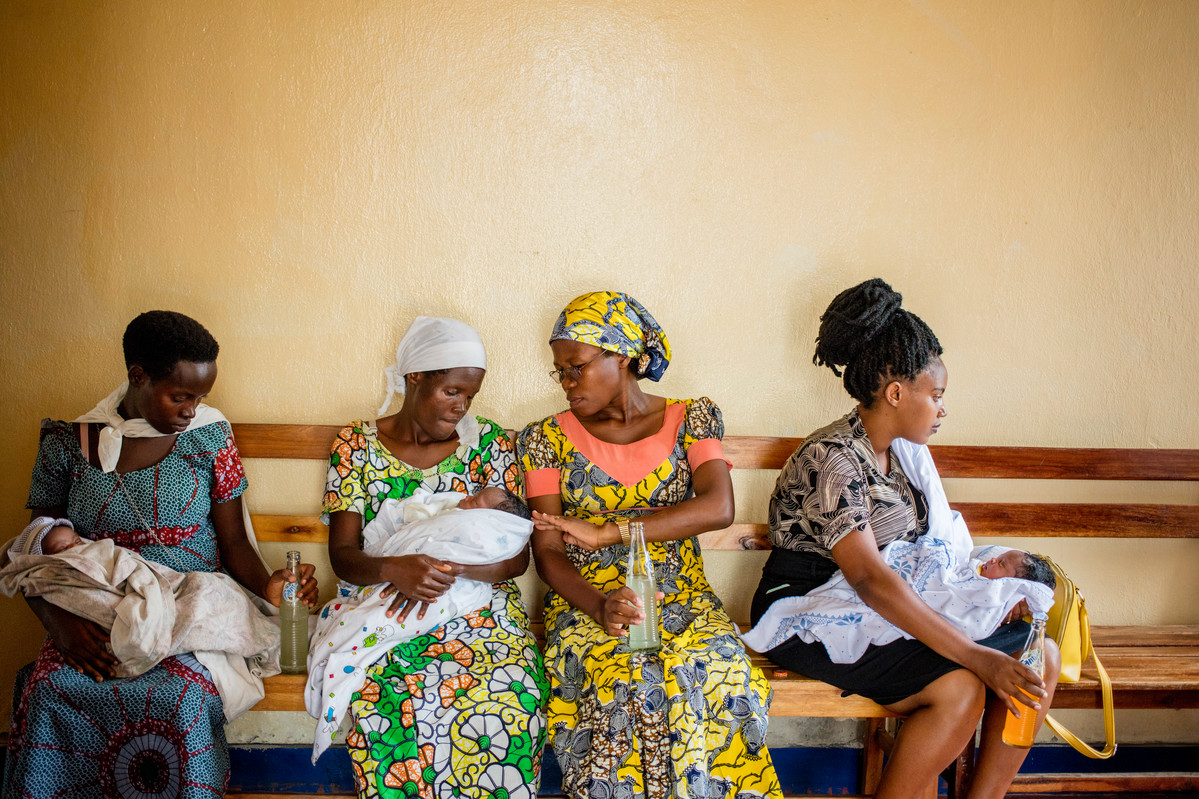
| 09 February 2018
IPPF Statement on US State department six month GGR review
Global gag rule impact for IPPF is a life or death situation for clients The impact for people receiving care from member associations of the International Planned Parenthood Federation around the world is devastating. A total of 29 countries are seeing clinics, staffing, services and health supplies reduced due to the loss of US funding through the global gag rule. The policy, the most extreme of its kind, will hurt family planning , HIV, sexual and gender based violence and Tuberculosis healthcare for men, women and young people. IPPF’s members believe reproductive health care is a right and everyone should be able to make choices about their well-being. The Global Gag Rule not only undermines but violates these rights and therefore, IPPF and its members cannot and will not support it. The review is unable to quantify the long term effects of the Global Gag Rule. But those effects are already being felt by people in need of care. IPPF members have already been forced to close clinics, reduce staff and cut back on critical health supplies. This is just the beginning of a long lasting and tragic legacy. The cuts hit services and people in a many ways. Not all of them can be quantified. In many cases, IPPF Members are the one lifeline for our clients. The human cost – people not being able to make choices about their lives – is beyond figures. Combined with loss of USAID family planning funding, the added loss of HIV funding doubles the impact on clients’ lives and health in many countries in Africa, Latin America and the Caribbean where the amounts of the losses are larger and the populations affected are often the most marginalised and vulnerable. Examples of impact: Mozambique www.ippf.org/blogs/global-gag-rule-ggr-cuts-deep-sexual-and-reproductive-healthcare-mozambique IPPF Member Association: Associação Moçambicana para Desenvolvimento da Família (AMODEFA) USAID support accounted for 60% of funding 47% reduction in AMODEFA personnel: redundancy of 43 staff and release of 650 peer educators Closure of 18 youth-friendly clinics Closure of 72 mobile clinics per month Swaziland: IPPF Member Association: Family Life Association of Swaziland (FLAS) USAID support accounted for 25% of funding Redundancy of 12 staff and 26 outreach workers Reduced geographic coverage of services from 14 to 4 towns Botswana: IPPF Member Association: Botswana Family Welfare Association (BOFWA) 60% of funding at risk Suspension of one clinic, services of 7 others scaled to bare minimum 71% reduction in skilled staff About IPPF: IPPF is made up of national organisations that offer sexual and reproductive health and rights services. The Federation has 141 Member Associations and 24 partners covering over 170 countries.This globally connected, locally owned network delivers 300 services every minute of every day. Human cost in figures www.ippf.org/news/human-cost-global-gag-rule Global gag 1 year on www.ippf.org/resource/global-gag-rule-one-year and www.ippf.org/global-gag-rule Country stories: www.ippf.org/stories/i-am-afraid-what-will-happen-when-there-will-be-no-more-projects-one














